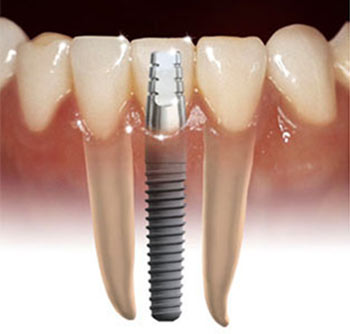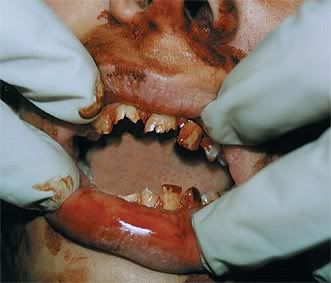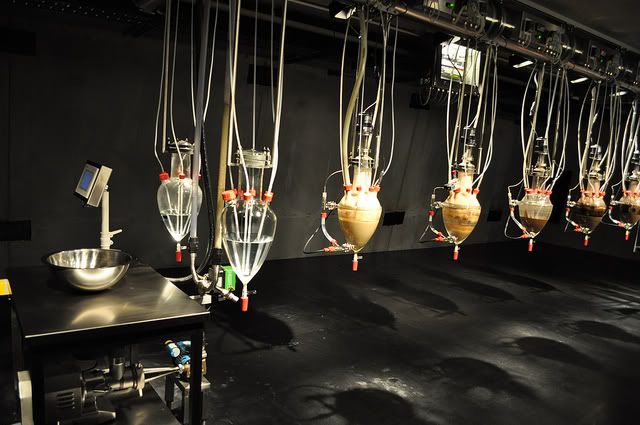You would have thought that cloning a woolly mammoth would mean big news in this country, however it apparently doesn’t as there’s been absolutely no coverage for it. Russia and South Korean scientists signed an agreement to work together to recreate a woolly mammoth recently.
This is especially interesting as the mammoth last walked the earth about 4,500 years ago. But global warming has finally provided us with something good as the bones of these mammoths were uncovered when the permafrost of Russia’s Siberian plains melted.

The famous clone scientist Hwang Yoo-Suk signed on behalf of South Korea with Vasily Vasiliev signing on behalf of Russia’s North-Eastern Federal University in the Yakutsk area of Siberia. This is monumental because the idea hasn’t sparked any protests from people who want to hold back science due to their outdated ethical beliefs. Or maybe it’s just countries like the UK and the US that have people like that?
Hwang Yoo-Suk is perhaps the most famous scientist specialising in cloning on the planet as he successfully cloned the first dog in 2005. He and his team also unveiled eight cloned coyotes in October of 2011. However, like any good scientist, he has had his fair share of setbacks as in 2005 his research that supposedly read that human cloning could now be done was found to be faked. Nevertheless, he continued on and he is now one of the most respected scientists in the world.
The woolly mammoth is expected to be created by using tissue from the remains of the mammal recovered from the Siberian plains. The tissues are supposedly going to be cloned by using the eggs from a modern Indian elephant.
The Korea Herald then reported that a nuclear transfer process would be used on the tissue and the eggs would then be implanted into a live elephant so the mammal can give birth to the mammoth. This is a mammoth undertaking (pun intended) and this will push our ability to clone animals even further. Maybe one day we will manage to clone a fully fledged human?
But is this wrong in any way? My answer is no. Some people may argue that it’s messing with nature and playing god, and most of these people hold on to silly beliefs from thousands of years ago, but more practical people might argue that it causes undue suffering to the animals involved. The fear of creating mutants and deformed organisms is also a genuine concern.
When it comes to the undue suffering of animals I would argue that this is nothing new and we regularly test our latest medicines on them all the time. Granted, it never makes the news, but it does happen. You have to think about it like this. You can’t cause zero pain and take zero risk and still take the rewards. There’s risk and there’s pain, but for that we get the rewards that can take us into the future. The problem with people is that they only care about themselves and where they are now. Too many people look to the present and not to the future, and the worst of them even look purely at the past. The only way we can get past this is by having a more open mind, and that’s probably why we are talking about South Korea and Russia instead of the USA and the UK. This is one woolly mammoth for now, but in the future who knows?










